What makes one author successful, while another struggles? And I’m not talking about book sales, but just the nuts and bolts of what authors do - write. It’s a strange question for me, because before 2013 ish, I would have simply quantified “success” as: finishing a book. Makes sense, right? Coming up with an idea, starting a manuscript, presenting a semi-coherent overall arc, and then writing enough words to make it something that resembles a finished novel. That was the mountain before, but once you finish that, you realize that you cleared one peak only to realize that there is an entire sprawling mountain range standing before you. The adventure has only begun, the battle has just started….yada yada, you’ve undoubtedly heard all the cliches.
But what makes an author successful? In a nutshell, it’s part “perseverance”, part “stubbornness”, part “intellectual curiosity”, but also a butt-load of “atmosphere”. Most of us don’t write to get rich. Sure, I’d love it if I could suddenly support myself wholly as a writer, but that day hasn’t come yet. We write because we have a story to tell, or two, three, four and right on down the line. They say the name of the game these days is volume. So the authors who stick with it and continue to produce have a greater chance of being successful. It’s not a guarantee (by the way - guarantee is the word I misspell every single time - ugh), but it helps. So how does one set them self up to produce well?
For me, it is about atmosphere. I’ve found that it is critically important to have a space to write, and I don’t just mean a little desk shoved in the corner of a busy thoroughfare or family room in your house. If writing is important enough to you, you need to dedicate some real estate to your creative space. I’ve had offices in my house since I started writing. They’ve moved around, shrunk in size, grown, become joint work spaces, and disappeared entirely, but there was always one constant - atmosphere. I could control the flow of people in and out of the space, close it oft to control distracting noise, and always…always had the means to fill it with the right kind of sound. I always keep my desk within view of at least one window. Why? because as much as we are products of our upbringing and inspiration, we are also sponges to the stimulus around us. A character’s walk through the woods could be inspired by the changing colors of a sugar maple framed by your office window, or a scented candle might just evoke the right emotions while you’re detailing another character’s entry into a bakery or a tavern. Music is huge as well. Orchestral music is especially good at evoking emotion without distracting with lyrics or harsh audio. If you control what you see, smell, and hear in your writing space, you can go a long ways towards blocking out distractions and maximizing your time writing.
I always write with music going and candles lit. I use indirect light, eat candy, and if the weather allows, wear slippers. I don’t need to, but those things facilitate better writing, for me. Coffee shops are cool, and sometimes they offer the right kind of distractions, but I wouldn’t be able to write day after day in that setting. For starters my coffee bill would be egregious by the end. Yes, I drink lots of coffee. Coffee + writing = major steps towards not falling asleep at the keyboard.
Carefully consider what you hang on the walls in this creative space as well. Posters and busy artwork might not be the best choice, as they can distract as much as inspire. Props and tokens help me - I hang my recurve bow, quiver full of arrows, forearm guard, and glove on my wall. Why? I picked up archery to learn the skill, so that while I wrote Roman as a character in my Overthrown series, his archery skills would feel believable. We can B.S. a lot in books, but some things just feel more organic when the author has actually done it. I see that bow now and it brings back the right kind of memories. It can jog the right kind of thoughts.
What else goes along way towards helping you feel like “you’ve made it”? I say, flexibility. This is learned, for sure. As a first time author you believe that your manuscript is the best one out there, that your vision for your cover art is going to set the world on fire, and despite all the cautionary tales you’ve read, you won’t possibly fall into any of the pitfalls that befall other writers. Except, we usually do. We hit every, single, pothole on that first road. Either you skip hiring an editor, and every reader points it out, or your choice for cover art ends up being the completely wrong one. Seek advice, ask questions, and second guess yourself before making the big decisions. Be flexible and teach yourself basic marketing principles, basic graphic design, and open yourself up to critique and feedback. All of it hurts at first, but if you can get past the initial sting, you’ll usually find that they’re right. Refine blurbs over and over, practice your elevator pitch, and research what author branding is. Find a good graphic designer and have them help you build your brand, then take a look at what successful authors’ websites look like. Take it all in. Never stop looking, and never stop writing. Read and avoid the trap of believing you are better than someone else because they approach their craft differently than you. Accept mistakes, don’t judge others by theirs, and learn from all of them. Experiment with your writing style, perspective, and tone, but in an effort to find what is most comfortable for you. Don’t let people tell you that your voice is “wrong” or that stylistic choices you make are “unprofessional”. Take the criticism, learn from it if it can make you better, and toss the rest away. Not every writer is for every reader, and if you can accept that, you’re well on your way. Be flexible and learn it all, even if it is just in bits and pieces. Rely on those people you trust to do the things they excel at, and count on yourself to do the rest.
If you can build the right atmosphere around you, and stay flexible, this crazy industry just might not break you in half. Happy writing!


